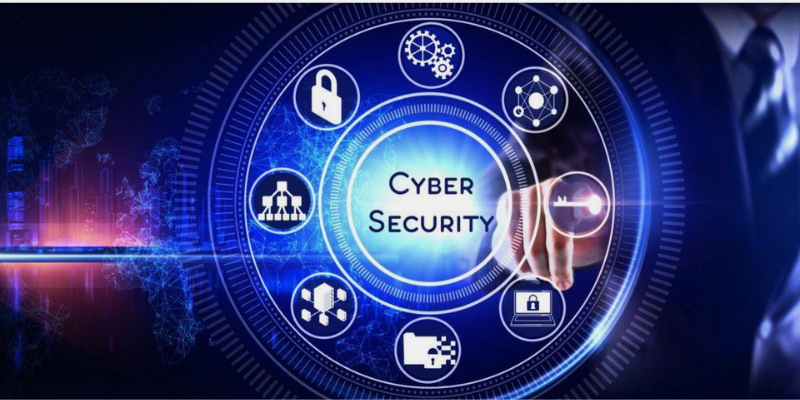
In today’s digital age, where businesses and individuals rely heavily on technology, the importance of Cyber Security cannot be overstated. With cyber threats evolving and becoming more sophisticated, organizations must implement a comprehensive Cyber Security strategy to safeguard their sensitive data and systems. But what exactly does such a strategy entail? Let’s delve into the essential components of a robust Cyber Security framework. The Cyber Security Course in Coimbatore, offered by FITA Academy, equips individuals with the knowledge and skills to effectively understand, prevent, and respond to cyber threats.
Risk Assessment and Management
The foundation of any effective Cyber Security strategy lies in understanding and assessing the risks posed to the organization’s digital assets. Conducting regular risk assessments helps identify vulnerabilities and potential threats, allowing businesses to prioritize their security efforts. By quantifying risks and their potential impact, organizations can allocate resources more efficiently and develop targeted mitigation strategies.
Strong Authentication and Access Control
Unauthorized access to sensitive information is a common tactic used by cyber attackers. Implementing strong authentication measures, such as multi-factor authentication (MFA) and biometric authentication, adds an extra layer of security, making it harder for unauthorized users to gain access. Additionally, robust access control mechanisms ensure that only authorized individuals have permission to view or modify sensitive data, reducing the risk of insider threats.
Network Security
Securing the organization’s network infrastructure prevents unauthorized access and data breaches. This includes implementing firewalls, intrusion detection and prevention systems (IDPS), and virtual private networks (VPNs) to monitor and protect network traffic. Regular network scans and security updates help identify and patch vulnerabilities, minimizing the risk of cyberattack exploitation. Cyber Security Course in Hyderabad offers comprehensive training programs to equip professionals with the skills and knowledge required to safeguard network infrastructures effectively, ensuring the protection of sensitive data and mitigating cybersecurity risks.
Endpoint Security
Endpoints, such as desktops, laptops, and mobile devices, represent vulnerable entry points for cyber threats. Endpoint security solutions, such as antivirus software, encryption, and endpoint detection and response (EDR) tools, help detect and prevent malware infections, data breaches, and other malicious activities. Remote device management and monitoring further enhance endpoint security, ensuring all devices adhere to security policies and configurations.
Security Awareness Training
Human error remains one of the leading causes of security breaches. Educating employees about Cyber Security best practices and raising awareness about common threats can significantly reduce the risk of successful attacks. Regular training sessions, phishing simulations, and awareness campaigns help empower employees to recognize and report suspicious activities, strengthening the organization’s overall security posture.
A comprehensive Cyber Security strategy encompasses a range of components, each playing a vital role in protecting the organization’s digital assets from cyber threats. From risk assessment and access control to network and endpoint security, every aspect must be carefully considered and implemented to effectively mitigate the evolving threat landscape. By prioritizing Cyber Security and adopting a proactive approach, organizations can minimize risks, safeguard sensitive data, and maintain the trust of their stakeholders in an increasingly connected world. Cyber Security Course in Pondicherry. equips individuals with the necessary skills and knowledge to tackle cyber threats effectively, preparing them to contribute to the security posture of organizations and make informed decisions in safeguarding digital assets.
